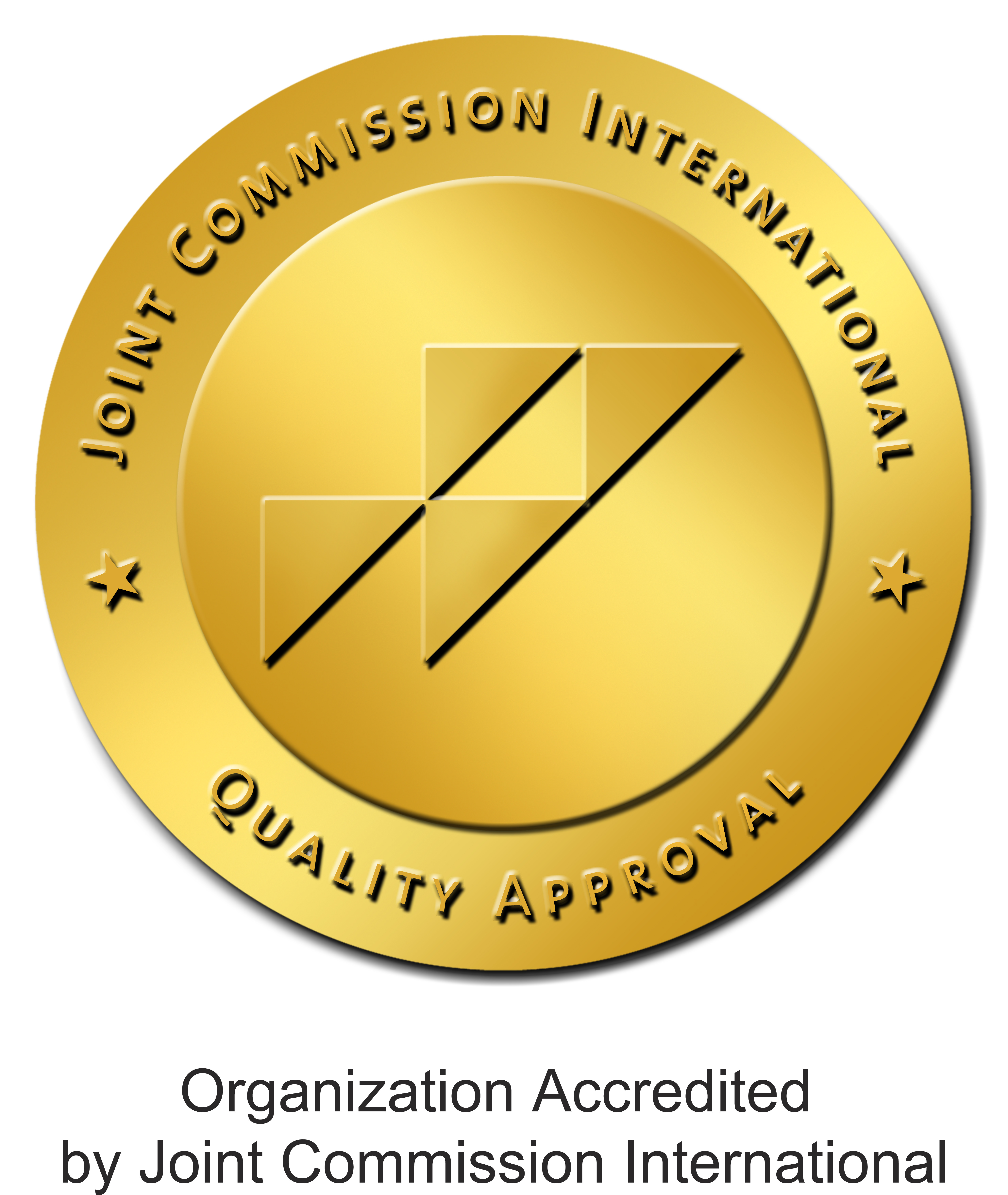Pathologies that can be potentially treated with hadrontherapy
Adenoid cystic carcinoma of Bartholin's gland
Want to submit your case? Click HERE
The adenoid cystic carcinoma of Bartholin's gland is a rare primary cancer that represents about 5% of vulvar neoplasms. Vulva and vagina can be affected by different types of cancer, although it should be emphasised that most vaginal tumours are actually metastases of tumours originally developed in other areas of the body, such as bladder or rectum.
Most frequently, vaginal tumours originate from precancerous lesions and are usually squamous cell carcinomas often related to viral infections (HPV related).
Glandular cell-derived neoplasms are adenocarcinomas or, more rarely, adenoid-cystic carcinomas.
Primary carcinoma of the Bartholin's gland originates in the small glands from which it takes its name. These are located in the posterolateral portion of the vaginal opening and contain mucus. This tumour usually appears as a palpable nodular, irregular and hardened neoformation. It can affect women of all ages, although in most cases they are between 40 and 60 years old.
Causes of Adenoid cystic carcinoma of Bartholin's gland
The causes of Adenoid cystic carcinoma of Bartholin's gland are still unknown, although some cases have been reported during pregnancy.
Symptoms of Adenoid cystic carcinoma of Bartholin's gland
The symptoms of Adenoid cystic carcinoma of Bartholin's gland vary according to the size of the lesion. Initially, this tumour may even be asymptomatic or present generic symptoms attributable to other typical pathologies of that area.
The following symptoms can be observed in an Adenoid cystic carcinoma of Bartholin's gland:
- Tumefaction of the area
- Itch
- Pain
- Burning sensation
- Bleeding, especially after sexual intercourse
- Abnormal vaginal discharge
- Pain during sexual intercourses
- Discomfort during urination
- Constipation
- Continuous pelvic pain
- Redness
Diagnosis of Adenoid cystic carcinoma of Bartholin's gland
To avoid confusing Adenoid cystic carcinoma of Bartholin's gland with the most common Bartholin's gland cysts, it is essential to identify the nature of the lesion.
After a gynaecological examination including medical history and complete examination of the genital area, the specialist performs more specific tests such as:
- colposcopy
- excisional biopsy
If the tests above (especially, the histological samples) confirm the diagnosis of a tumour, additional studies must be conducted to evaluate if the lesion has also spread to surrounding organs.
The evaluation of the spread of vulvar and vagina tumours is based on the staging system of the International Federation of Gynaecology and Obstetrics (known as FIGO, the acronym for its name in French) combined with that of the American Joint Committee on Cancer (AJCC), based on the TNM classification:
- T stands for the size of the tumour
- N stands for nearby lymph nodes that are involved
- M stands for the presence of metastases
This staging system classifies vulvar and vaginal tumours into five different levels, from stage 0, which indicates the initial stage, to stage 4, which indicates the most advanced stage.
Treatment of Adenoid cystic carcinoma of Bartholin's gland
The treatment of Adenoid cystic carcinoma of Bartholin's gland depends on numerous factors that are evaluated by the specialist, for example the spread of the disease (strong tendency to spread following the course of the local nerves), the patient's age and physical condition.
When treating vulvar and vaginal tumours, it is essential to always take into account the psychological impact on the patient, trying to bring women back to a state of well-being in both their relational and sexual life, as far as possible.













